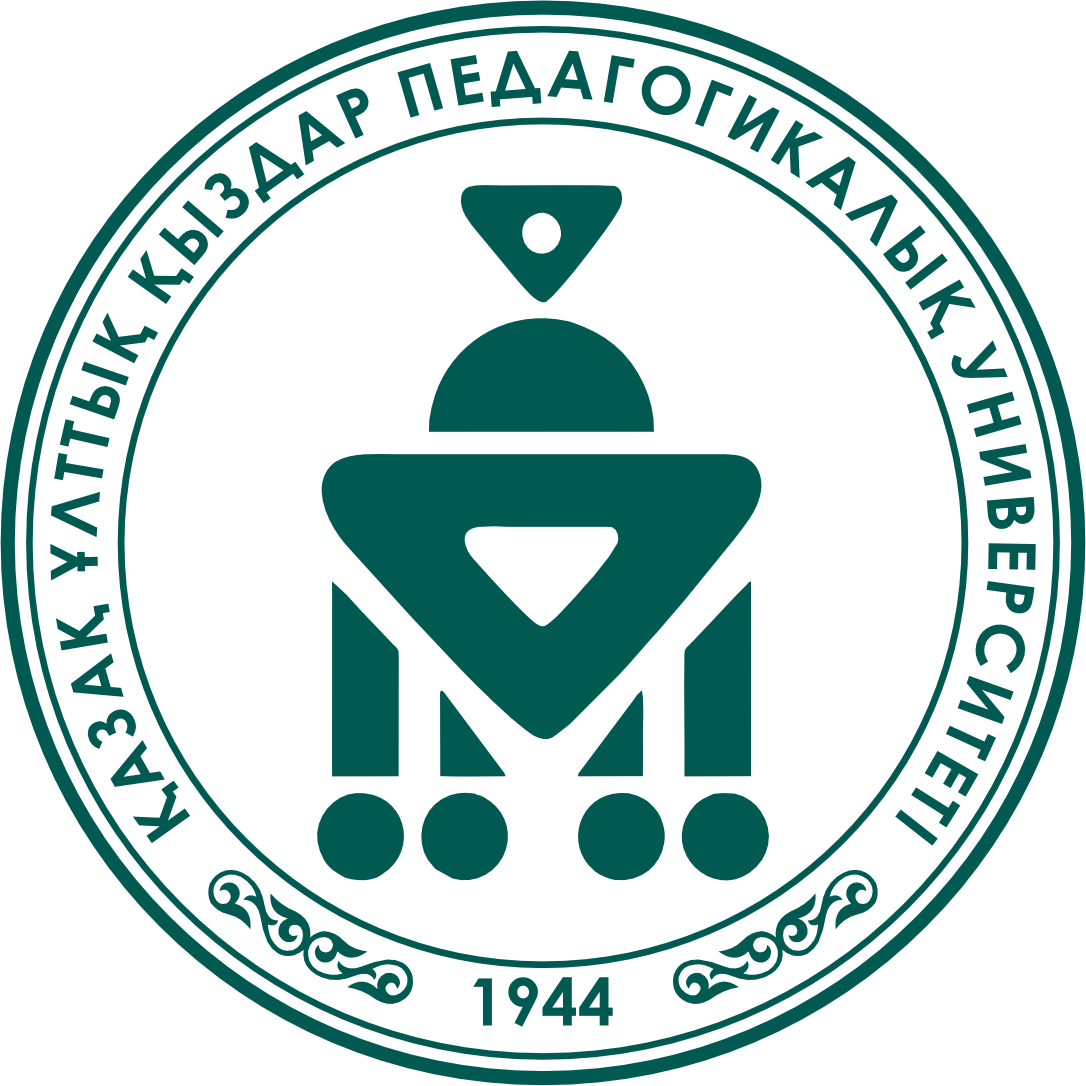-
15 july, 2025
![QyzPU Scientists Propose Method for Ecosystem Restoration]()
As part of the project "Establishing a Biotechnological R&D Center for the Development and Commercialization of Agricultural Products and Technologies," significant scientific achievements have been made at QyzPU in the fields of environmental safety and biotechnology.
The main focus of the project is the biological purification of soil and plants contaminated with heavy metals.
During the study, the ability of Pseudomonas bacteria to remove heavy metals was thoroughly investigated, and their effectiveness in restoring ecosystems was confirmed. This scientific work brings new life to the field of environmental bioremediation.
The research was conducted using the state-of-the-art Thermo Scientific Axia ChemiSEM scanning electron microscope (USA), installed at the Center for Interdisciplinary Research. This equipment enabled precise determination of the quantity and distribution of metallic residues in both plants and soil. SEM technology allows for detailed examination of surface structures at a resolution of up to 3 nanometers, opening up opportunities to study the morphological and structural features of samples at the micro- and nanoscale.
Using the EDX (Energy-Dispersive X-ray Spectroscopy) system integrated into the SEM, researchers were able to determine the elemental composition of the soil and plant samples. This method enables accurate assessment of contamination levels and the effectiveness of treatment with Pseudomonas bacteria.
The results of the project contribute to the restoration of agriculturally viable land through the detoxification of ecosystems from heavy metals. The research also aims to strengthen the link between science and practice in the areas of ecology, biotechnology, and agriculture.
Scanning electron microscopy today plays a vital role in ensuring environmental safety, protecting natural ecosystems, and supporting the development of new biomaterials and medical technologies.
Share:
-
About Us
- Rector’s Blog
- University activities
- History
- Notable Alumni
- Structure
- Corporate Governance
- Top-management
- Audit Service
- Compliance Service
- Jobs
- Academic Council
- Development Program
- External Assessment
- Quality management system
- Mission
- Sustainable development
- Infrastructure
- Media
- Normative legal documents
- Aqtumar museum
- Admission
-
Education
- Educational programs
-
Professors
- Institute of Pedagogy and Psychology
-
Institute of Philology
- Department of Theory and Methodology of the Kazakh Linguistics
- Department of Kazakh Literature
- Department of The Russian Language and Literature
- Department of Teaching Methods of Foreign Language and Intercultural Communication
- Department of professional training of foreign languages
- Department of practical foreign language
- Institute of Physics, Mathematics and Computing
- Institute of Natural Sciences
-
Institutes
- Institute of Natural Sciences
- Institute of Pedagogy and Psychology
- Institute of Social Sciences, Humanities and Art
- Institute of Physics, Mathematics and Computing
-
Institute of Philology
- Deprtament of Professional Foreign Language Training
- Department of «Theory and Methodology of Kazakh Linguistics»
- Department of «The Russian Language and Literature»
- Department of «Kazakh Literature»
- Department of practical foreign language
- The Department of Foreign Language Teaching Methodology and Intercultural Communication
- Institute leadership
- College
- Department of Distance Education
- Educational and methodical association
- Center for Pedagogical Excellence
- Student Assistance Center
- Coordination Council
- Department of Practice and Career
- Non-formal Education Center
- Center for Women's Leadership and Entrepreneurship
- Center for the Development of Inclusive and Special Education
-
Science
- International Cooperation
- For Students
- e-University
-
-
About Us
- Rector’s Blog
- University activities
- History
- Notable Alumni
- Structure
- Corporate Governance
- Top-management
- Audit Service
- Compliance Service
- Jobs
- Academic Council
- Development Program
- External Assessment
- Quality management system
- Mission
- Sustainable development
- Infrastructure
- Media
- Normative legal documents
- Aqtumar museum
-
About Us
-
-
Education
- Educational programs
-
Professors
- Institute of Pedagogy and Psychology
-
Institute of Philology
- Department of Theory and Methodology of the Kazakh Linguistics
- Department of Kazakh Literature
- Department of The Russian Language and Literature
- Department of Teaching Methods of Foreign Language and Intercultural Communication
- Department of professional training of foreign languages
- Department of practical foreign language
- Institute of Physics, Mathematics and Computing
- Institute of Natural Sciences
-
Institutes
- Institute of Natural Sciences
- Institute of Pedagogy and Psychology
- Institute of Social Sciences, Humanities and Art
- Institute of Physics, Mathematics and Computing
-
Institute of Philology
- Deprtament of Professional Foreign Language Training
- Department of «Theory and Methodology of Kazakh Linguistics»
- Department of «The Russian Language and Literature»
- Department of «Kazakh Literature»
- Department of practical foreign language
- The Department of Foreign Language Teaching Methodology and Intercultural Communication
- Institute leadership
- College
- Department of Distance Education
- Educational and methodical association
- Center for Pedagogical Excellence
- Student Assistance Center
- Coordination Council
- Department of Practice and Career
- Non-formal Education Center
- Center for Women's Leadership and Entrepreneurship
- Center for the Development of Inclusive and Special Education
-
Education







